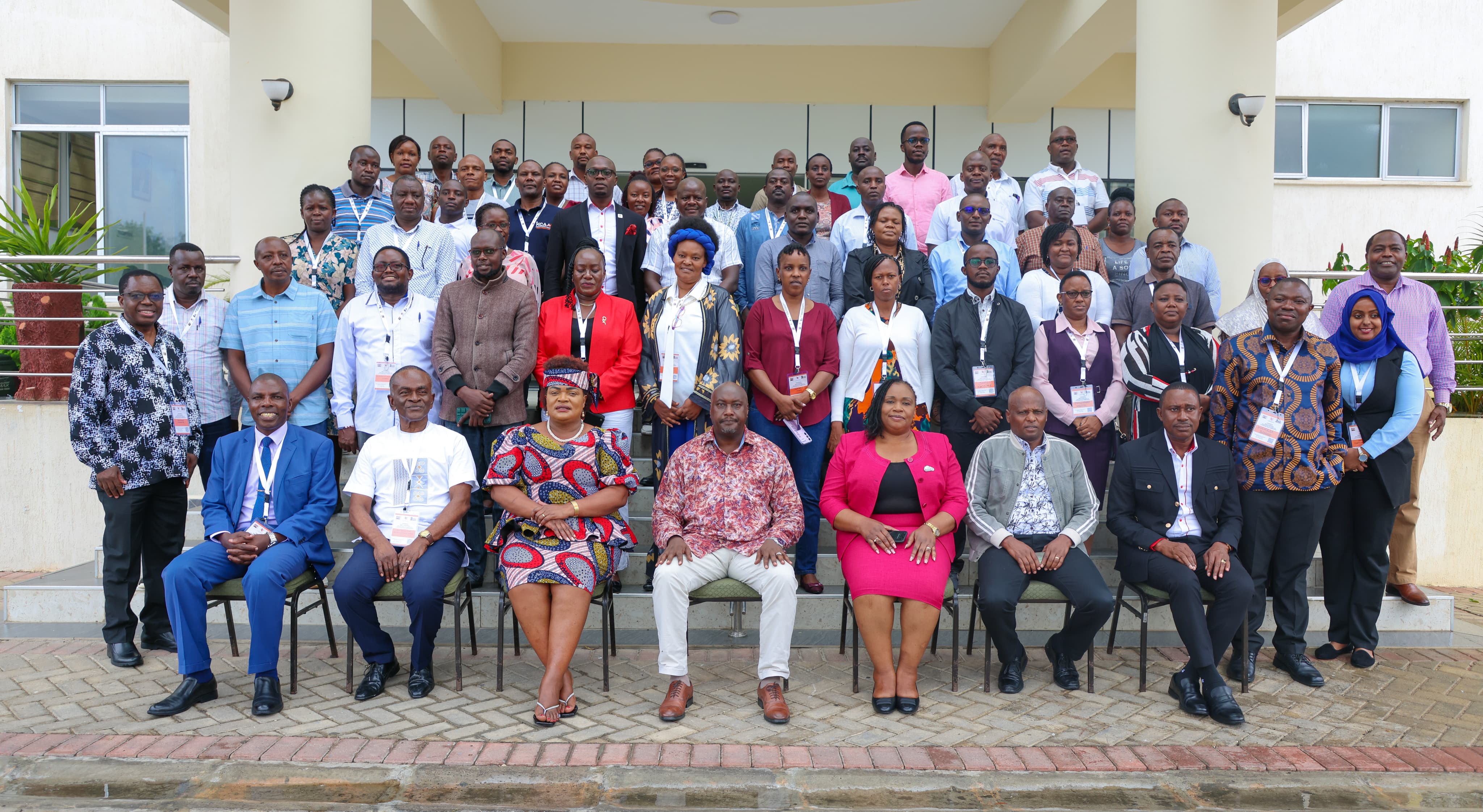Kenya Charts Path Toward AI-Driven Public Service
Kenya has reaffirmed its commitment to smart governance and digital transformation, with top government officials convening at the Kenya School of Government in Mombasa for the official opening of the Kenya Association for Public Administration and Management (KAPAM) Symposium.
Held under the theme “Smart Governance: How Artificial Intelligence is Reshaping Public Administration,” the symposium brought together senior public servants, academics, and technology experts to explore how Artificial Intelligence (AI) can be harnessed to transform public service delivery and improve citizen outcomes.
Speaking at the event, Deputy Head of Public Service Mr. Amos Gathecha underscored the need for public sector innovation through AI. “This is not about replacing public servants,” he stated. “It’s about retooling and empowering them to work alongside intelligent systems in delivering better, faster, and more targeted services.”
Mr. Gathecha highlighted the government’s establishment of a Directorate of Smart Government under the Executive Office of the President—marking a strategic pivot aligned with the Bottom-Up Economic Transformation Agenda (BETA). This shift prioritizes the Digital Superhighway and creative economy as key pillars of inclusive economic growth.
In her keynote address, Principal Secretary for Public Service and Human Capital Development, Dr. Jane Kere Imbunya, emphasized the critical role of leadership in digital transformation. “Leadership must champion a digital-first mindset, not only by investing in infrastructure but also by cultivating the human capital that powers these systems,” she said.
Dr. Imbunya also spotlighted one of the government’s flagship digital initiatives: “one of the landmark initiatives undertaken by the Government to advance smart governance is the e-Citizen platform. Currently offering over 20,000 services and serving nearly 14 million clients online annually, the platform has significantly enhanced service accessibility while reducing opportunities for corruption by minimizing human interface.”
She further noted the government’s call to action: “Our clarion call is to champion public service innovation, foster public-private partnerships for the prototyping of smart governance solutions, and promote citizen co-creation—ultimately building a public service that is not only adaptive but also anticipatory.”
Speakers present at the event reiterated that the integration of AI into governance must be inclusive, guided by strong policy frameworks, and rooted in ethical, citizen-centered values.

